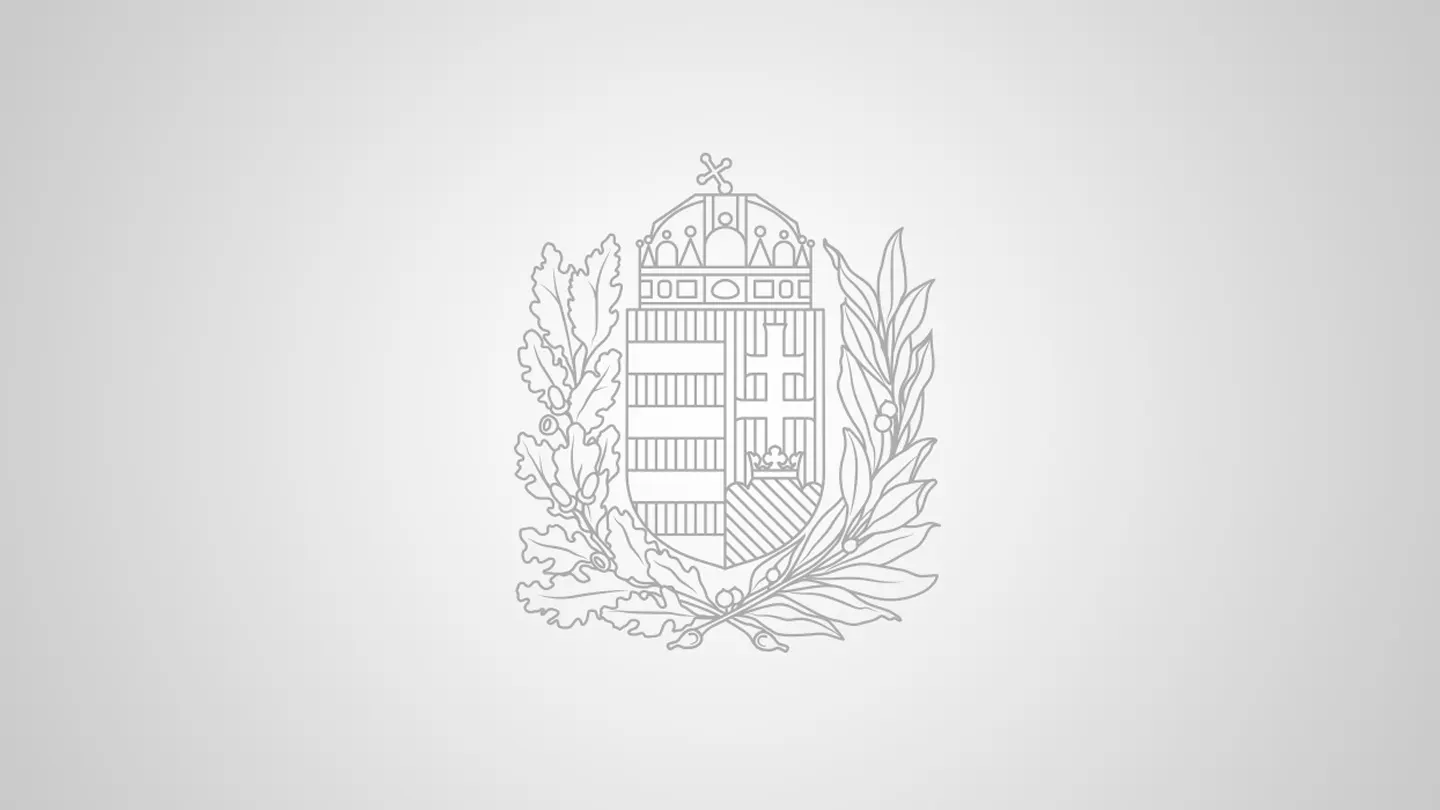Share

Toast by Prime Minister Viktor Orbán at a gala dinner in honour of Ilham Aliyev, President of Azerbaijan
- Speeches
- Source: Cabinet Office of the Prime Minister
Good afternoon, Ladies and Gentlemen.
I welcome you all with respect. The approach will be that we will speak in our mother tongue and it will be translated into English. Countries that are similar in size like to use their own language, even if the preceding formal negotiations were in English.
In 2010 Hungary made an important decision: we looked around the world to see where we could gain strategic partners and where we could find deeper friendships, rather than just financial interests. This was because in 2010 our thinking was that we could not afford to stand on only one leg; and while NATO and the European Union are fine – although since then they have not been so fine – it was then that the decision was taken to approach Azerbaijan. That was the starting point of my friendship with President Aliyev. My respectful greetings here and now to him and his wife. As you all know, there are Hungarian historians who believe that, during our people’s long march from the eastern part of the Urals to the Carpathian Basin, there was a period when we resided somewhere in the vicinity of Azerbaijan. This is why we were delighted when President Aliyev supported us in our bid to become observers in the Organization of Turkic States. So there is a cultural affinity here – which is not so obvious, given that we became Christians and they belong to the Muslim world. It is not easy to make friends, and it is particularly difficult for Hungarians, because, of course, when doing so one needs to forgive each other’s faults. And we Hungarians have many faults. So we have to find friends who will forgive us our faults. It is easy to make friends when the other party is perfect. I also told President Aliyev that in Hungary he can have an imperfect friend. He said that this is very interesting, but there is something more important here: that countries understand each other only when they have similar strategic and geostrategic positions. And you do not need to be a nuclear physicist to see things immediately: Azerbaijan borders Iran to the south and Russia to the north; to the west of Hungary are the German speakers, and to the east the Russians. So we know the situation and we know how difficult it is to manage a nation’s life well in these circumstances. And this has helped our friendship: since then we continue to understand each other in foreign policy terms. Over the last ten or more years I have learnt a lot from President Aliyev about how to run a country well in a complicated environment. Unfortunately, I have not learnt everything from him, because we are more on the radical side, and he is among the most moderate of politicians. And I should learn from him how to achieve results in the international arena in a moderate way. So, Mr. President, we are grateful for the last ten years or so. Recently Azerbaijan has seen many “energy friends” emerging, but we are not among them: we are friends on the basis of culture and a shared past, and we greatly appreciate the opportunities that you have offered us. You have allowed us to invest in Azerbaijan’s oil industry, which is one of our biggest foreign investments – or perhaps the biggest; and, if we behave well, there is a chance that we will have opportunities in the future.
Mr. President,
Thank you for your visit. We are particularly grateful to your dear wife for visiting us and for the opportunity to welcome you as a married couple. This is not at all common in Western politics today, and I know from the example of the Aliyev couple that if you want to run a country well, you need to have a fine, complete family; because if you cannot create a good environment at home, how can you create a good environment for a whole nation? So today we are not just welcoming a married couple leading Azerbaijan, but also the head of a family that truly warms the Hungarian heart.
God bless Azerbaijan!

